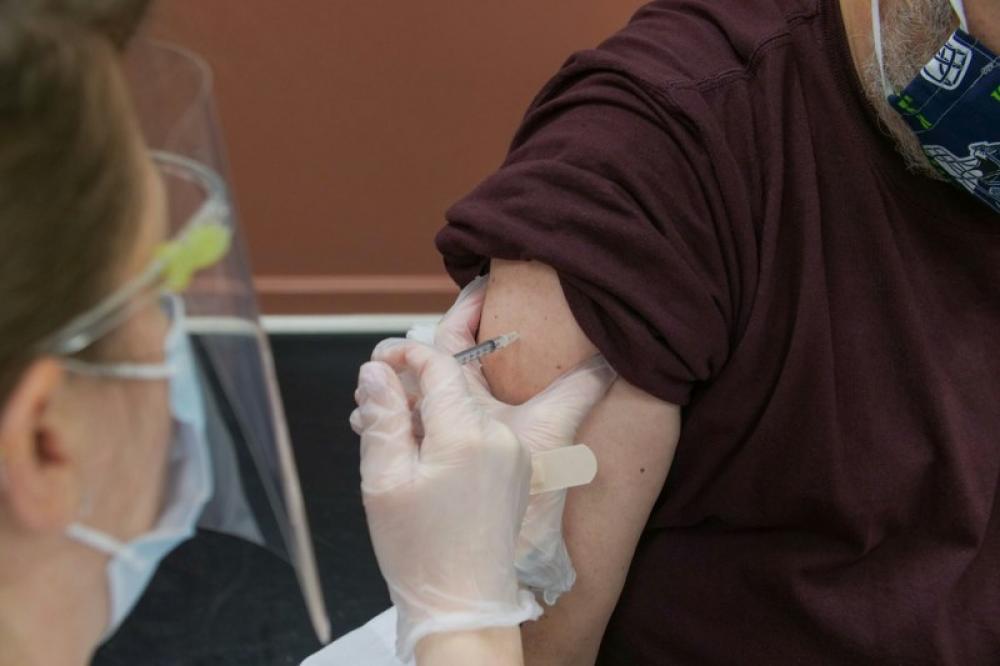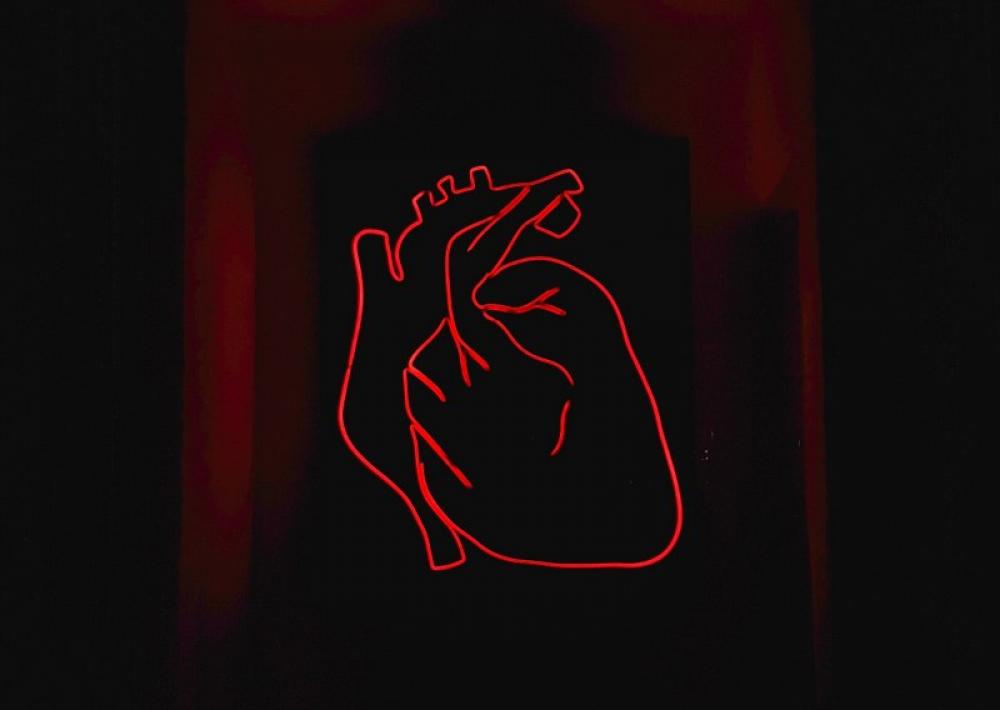Heart failure patients who are vaccinated against COVID-19 have an 82% greater likelihood of living longer than those who are not vaccinated, according to research presented today at Hear ...
Short bursts of anger may temporarily damage the ability of blood vessels to properly dilate, a function believed to be pivotal in preventing arteries from hardening, new research suggest ...
People continuously exposed to bright, artificial light at night may be at increased risk of developing conditions that affect blood flow to the brain and having a stroke, according to re ...
People who live in areas with social and environmental adversities may have up to twice the increased risk for developing heart disease and stroke, according to new research published tod ...
Young American Indians, aged 15-39, had cholesterol levels more than two times higher than the general U.S. population, according to new research published in the Journal of the American ...
Increasing workplace flexibility may lower certain employees’ risk of cardiovascular disease, according to a new study led by Harvard T.H. Chan School of Public Health and Penn Stat ...
Technology incorporating artificial intelligence (AI) and electrocardiogram (EKG) testing for patients having a heart attack decreased the time to diagnose and send patients for treatment ...
Patients who had heart attacks during the first COVID-19 lockdown in the UK and Spain are predicted to live 1.5 and 2 years less, respectively, than their pre-COVID counterparts.
London: The peer-reviewed study, published in The European Heart Journal – Digital Health, looked at data from 83,000 people who had undergone a 15-second electrocardiogram (ECG) co ...
- Study finds ‘Keto-like’ diet may be linked to higher risk of heart disease
- Study says use of zero-calorie sweetener increases risk of heart attack, stroke
- Study reveals relationship between air pollution and higher heart risks
- Lifelong bachelors face poorest Prognosis with heart failure, finds study
- Study reveals insomnia tied to greater risk of heart attack, especially in women















-1763561110.jpg)
